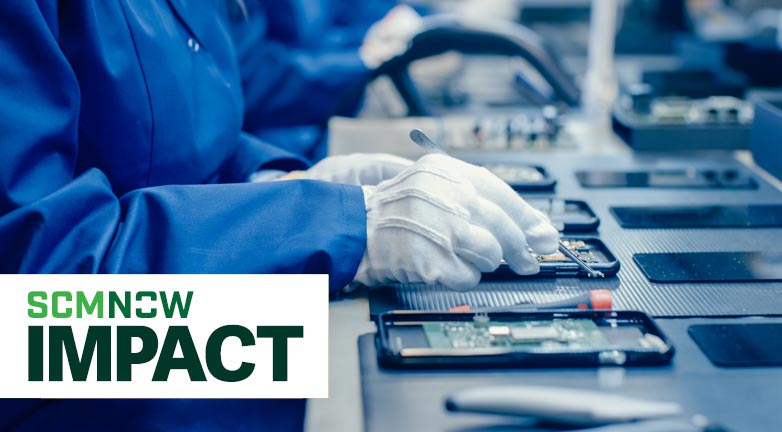Tesla CEO Elon Musk already is working to revolutionize the way we put rockets into space and the way we drive. But, Reuters reports that Musk also has ideas that could change the way we build cars as well.
“Most automakers test a new model's production line by building vehicles with relatively cheap, prototype tools designed to be scrapped once they deliver doors that fit, body panels with the right shape and dashboards that don't have gaps or seams,” Alexandria Sage writes.
Musk is changing both of these factors in his production process for Tesla’s Model 3 sedan. He is choosing to skip the preliminary manufacturing stage with the prototype tools and instead use more expensive, permanent tools. He’s also replacing production testing with computer simulations, which Musk calls “advanced analytical techniques.”
“Musk’s decision underscores his high-risk tolerance and willingness to forego long-held industry norms that has helped Tesla upend the traditional auto industry,” Sage writes. “While Tesla is not the first automaker to try to accelerate production on the factory floor, no other rival is putting this much faith in the production strategy succeeding.”
MarketWatch’s Claudia Assis reports that Tesla’s stock has taken off since the company reported that its first-quarter deliveries met expectations. “Many on Wall Street took it as a sign Tesla had worked out some of its manufacturing kinks and was on track to start producing the first few Model 3 sedans in July, as promised.”
Musk plans to expand the Tesla line with the Model 3, a $35,000 all-electric car that will be released later this year. By the end of 2018, Tesla intends to produce 500,000 cars annually, considerably more than the 83,922 vehicles it produced in 2016. According to Reuters, Tesla has never had a profitable year.
Although Wall Street has reacted positively to the manufacturing news, some experts caution that the strategy is risky. Plus, Tesla’s production of its more-expensive, lower-volume cars has faced challenges.
"It's an experiment, certainly," said Consumer Reports' Jake Fisher, who has done extensive testing of Tesla's previous Models S and X vehicles. He said in the Reuters article that Tesla could encounter and address problems quickly, or it may have unimagined problems that will be difficult to fix.
One source quoted in Reuters suggests that Tesla is in a better position than other car companies to modify its final production tools because it owns its own tooling company in Michigan. The source claims changes can be made to the machines more cheaply and 30 percent faster.
Manufacturing moving forward
Consider the first definition of simulation from the APICS Dictionary, 15th edition: “The technique of using representative or artificial data to reproduce in a model various conditions that are likely to occur in the actual performance of the system. Frequently used to test the behavior of a system under different operating policies.”
Now consider how Musk’s production plans for the Tesla Model 3 sedan depend on the simulations so that the entire organization can succeed. Musk embraces these kinds of risks to change the landscape. Are there risks that you can embrace to move your organization and your industry forward?
By earning your APICS Certified in Production and Inventory Management (CPIM) designation, you would have the knowledge to evaluate how these kinds of production risks can lead to rewards. Learn more about the APICS CPIM program and all APICS credentials by visiting apics.org/credentials-education.

04.28.17


